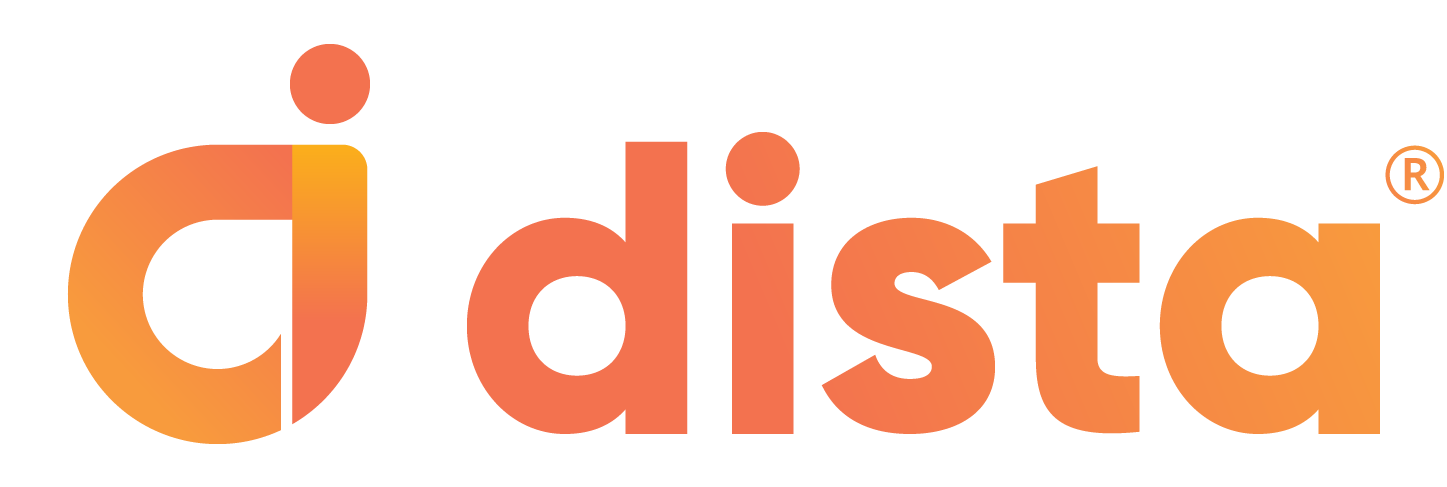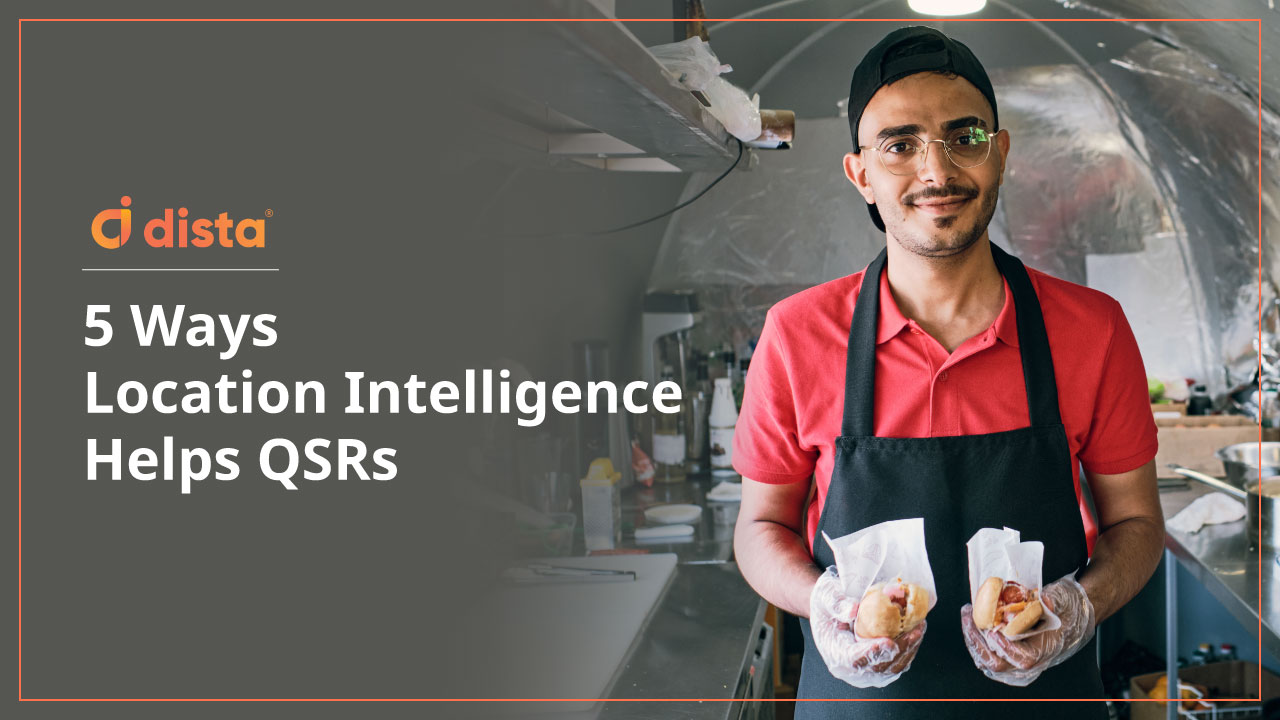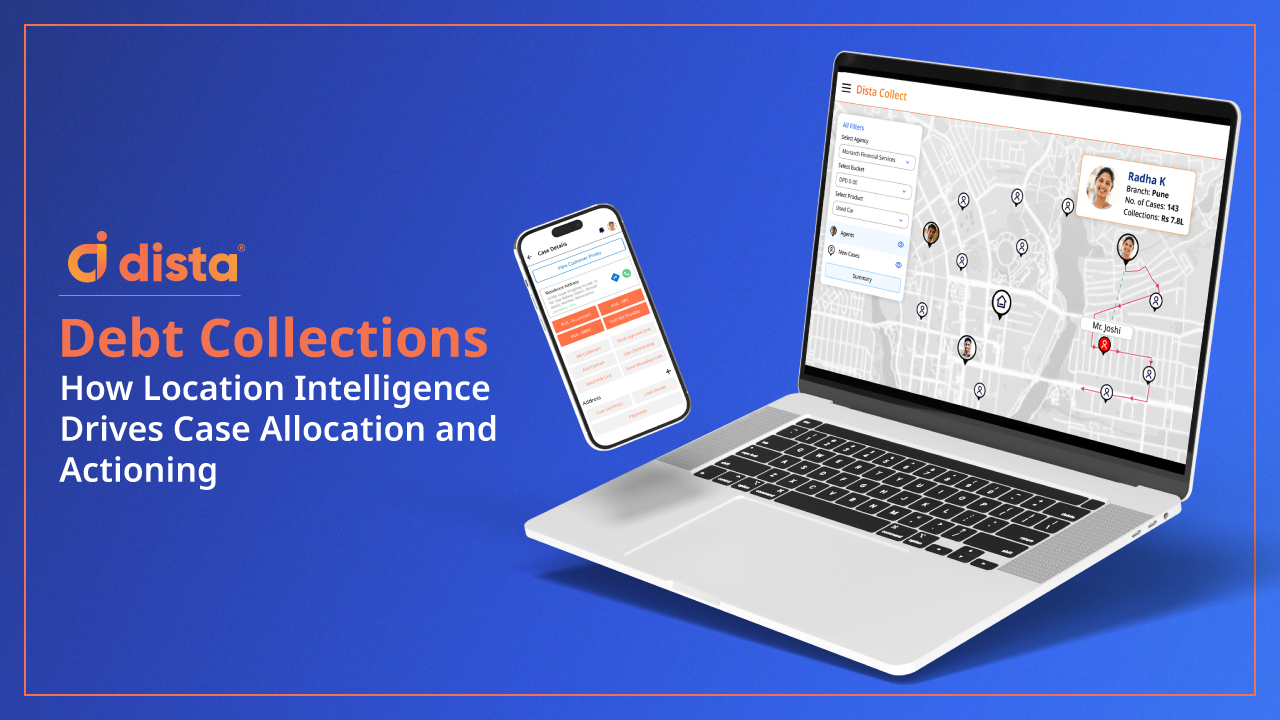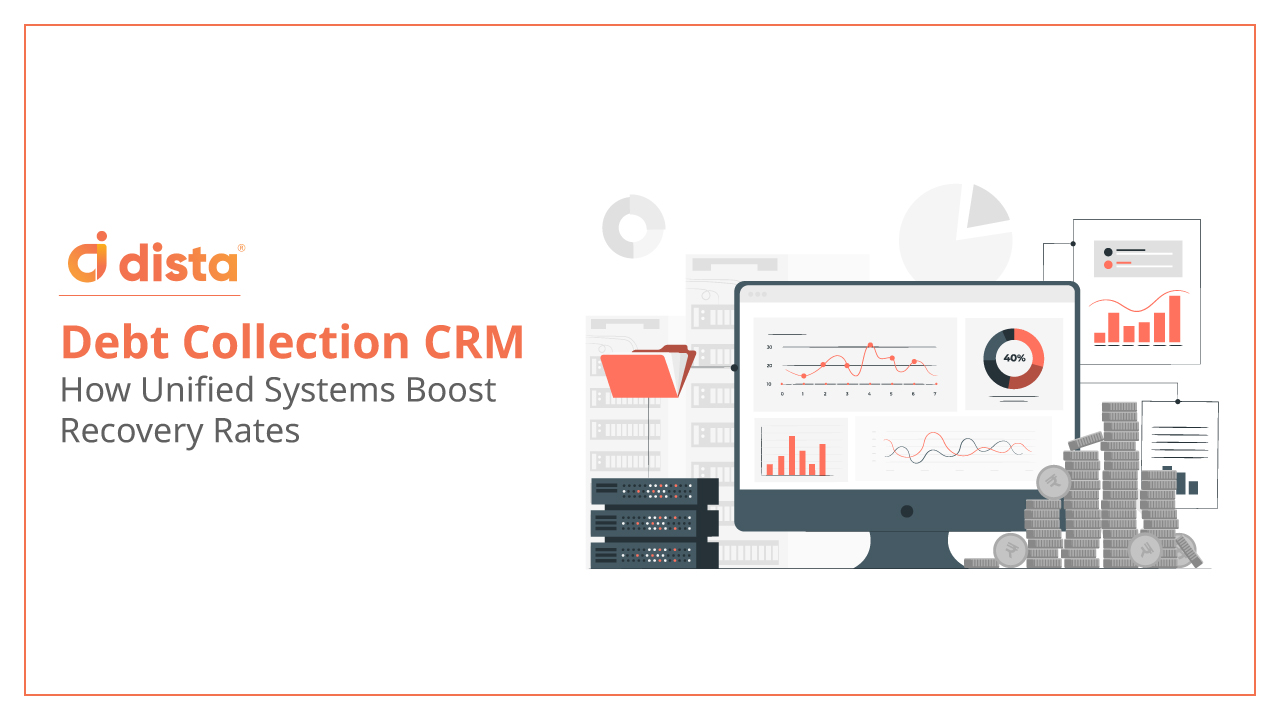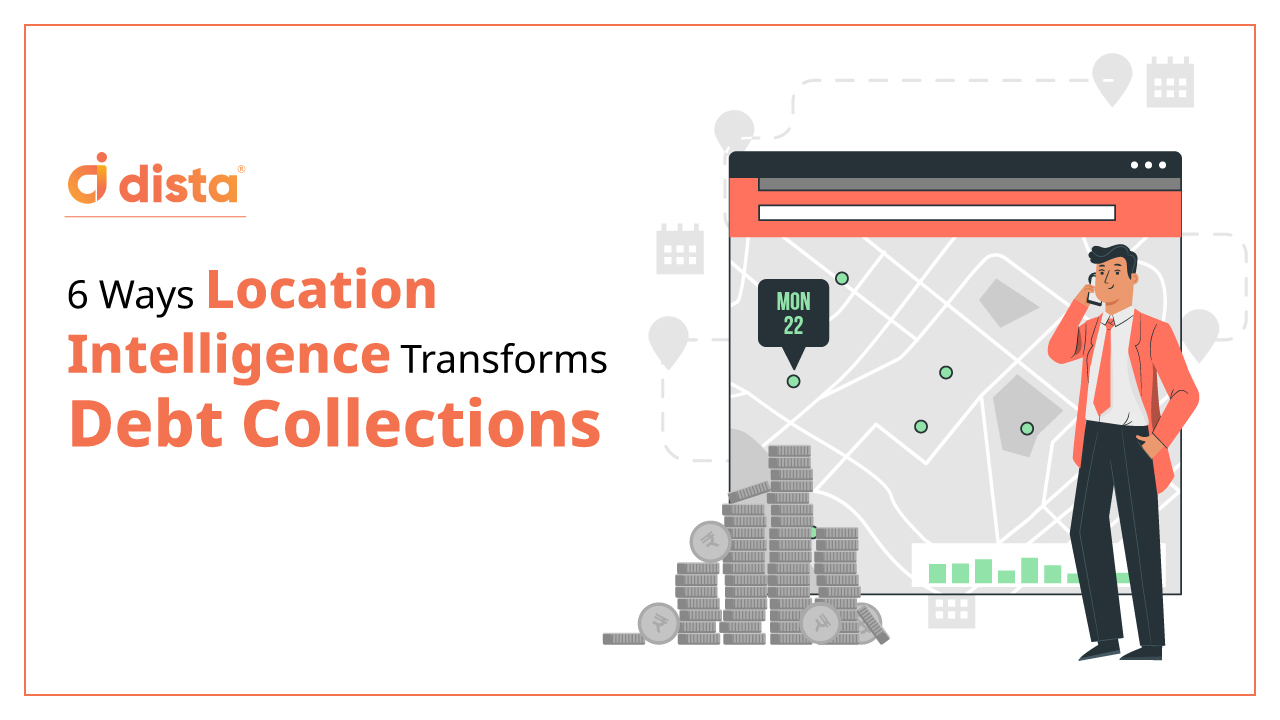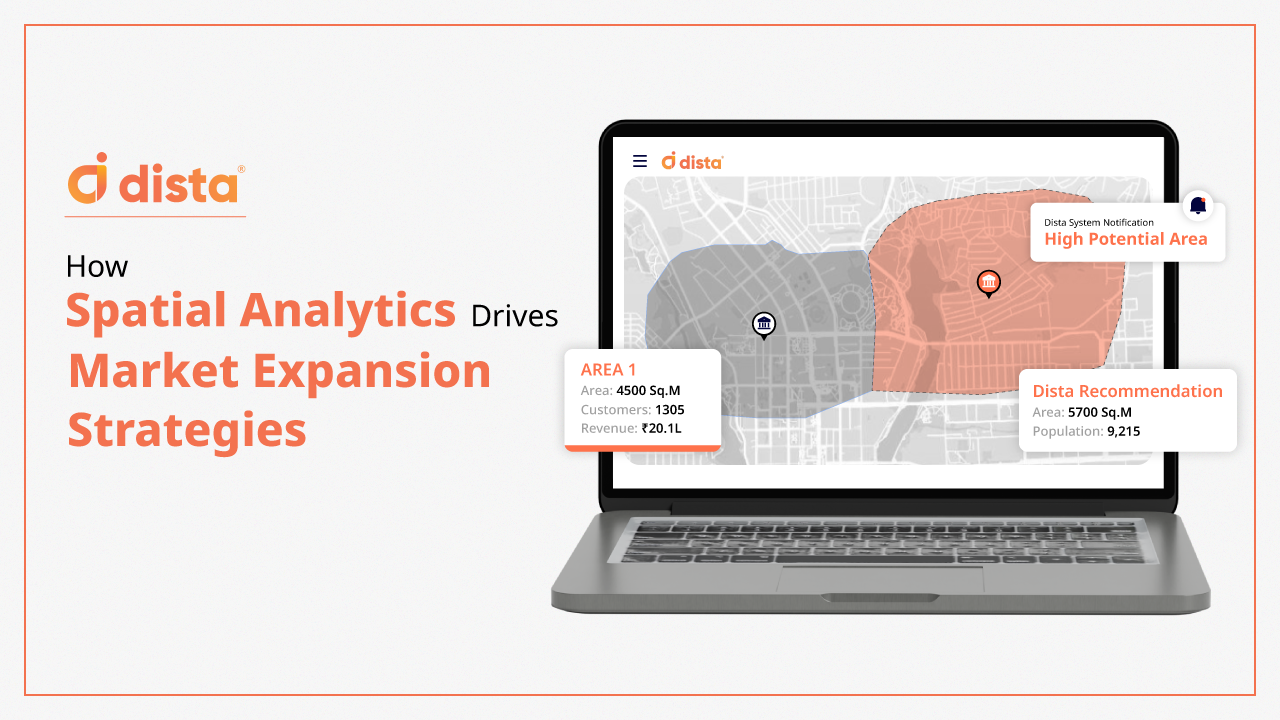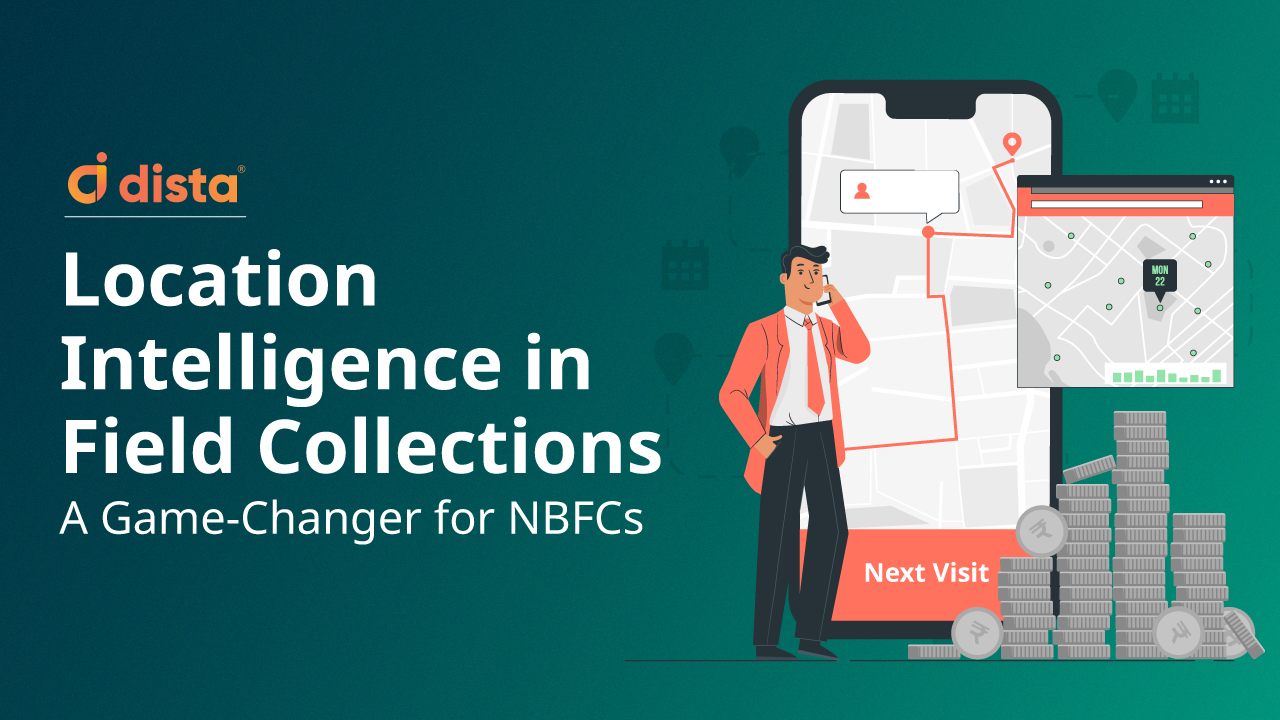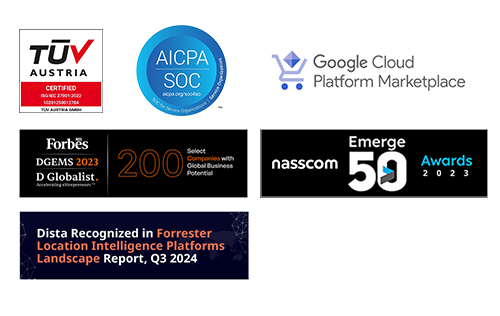Quick service restaurants (QSR) and cloud kitchens are leveraging advanced location technology to stay abreast of growing competition. A Statista report reveals that online food delivery revenue for 2023 is expected to grow to USD 24 billion, up from USD 18 billion in 2019.
Location intelligence tools help QSRs offer better customer service and deliver greater efficiencies in terms of loyalty programs, promotions, and more by analyzing geographical business data.
How is Location Analytics Helping Fast-food Chains
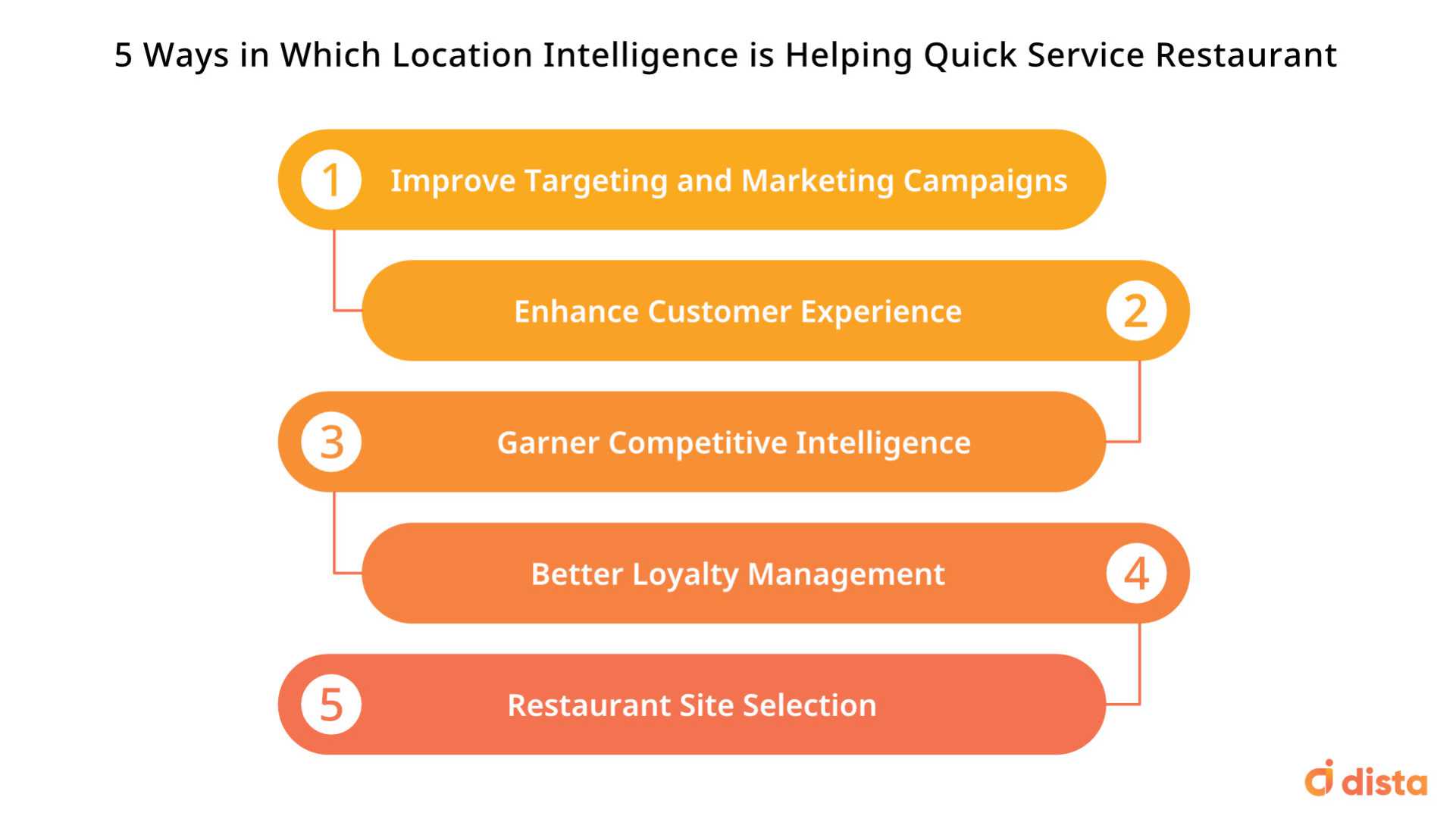
1) Improve Targeting and Marketing Campaigns
With the help of location intelligence software, QSR marketers can improve their targeting to increase footfall in their restaurants. They learn key insights about the type of customers visiting to provide a better overview based on their behavioral and demographic data. Several popular QSRs are already leveraging location-based targeting.
Marketers are using personalized campaigns based on individual behavioral data. Location data coupled with demographics, consumer offline behaviors, and geo-filters from social media platforms help marketers design innovative campaigns and reach out to different audience groups.
2) Enhance Customer Experience
QSRs can leverage location data to understand consumer behavior trends and patterns, like where they prefer to shop or socialize. This enables in sending tailored messages to customers as per their interests, thereby offering better service. Restaurants and cloud kitchens can also provide discounts to customers based on their location and other factors like day of the week, festivals, weather conditions, etc.
With LI, QSRs can segment customers in a multi-dimensional way by using purchase history, demography, and location to develop highly effective and personalized relationships.
3) Garner Competitive Intelligence
Location data platforms can provide QSRs with insights like foot traffic patterns in their target markets to the restaurant’s precise location. Restaurants can measure this data and allow them to get a strong understanding of a brand’s position in a specific market and how challenging it will be to increase customer visits in that specific market. With LI, QSRs can also monitor competitors’ locations for consumer footfall and loyalty levels. Moreover, it allows QSR marketers to identify prospective customers or attract former customers.
For example, a famous ice-cream brand can learn via location analytics software that a particular segment of competitor customers visit different fast-food joints. They can target that segment with offers and promotions for their brand.
4) Better Loyalty Management
5) Restaurant Site Selection
With a massive increase in online food deliveries, QSRs and cloud kitchens need to ensure they have their outlets operating from a location that has a significant amount of potential customers. Select site locations based on the geographic locations of your most profitable customers, the proximity of competing stores, etc.
LI tools can provide essential information like historical data of customers and the area, nearby points of interest, etc. Detect and categorize poorly performing stores and assess strategies for rectifying the situation.
Final Thoughts
Dista is an AI-enabled location intelligence tool that offers a wide range of solutions for businesses to improve customer experience, help in site selection, and control costs. Click here for a demo.
